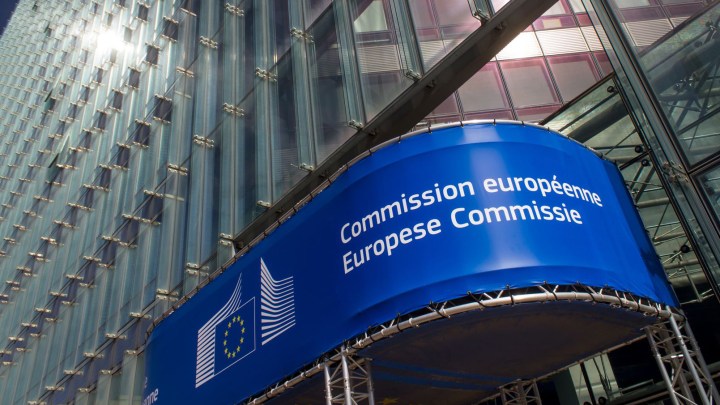
European regulators began looking into Google’s shopping service in 2010, where competitors say they believe the company is squeezing them out of search listings in favor of its own preferred partnerships. Google and the EU have few incentives left to try and reach a settlement, as Reuters reports Google has “no plan” to settle claims that its search results favor its own shopping service.
If the EU has its way, Google could end up having to change how it operates Google searches for flights, hotels, and other services, to make way for more competition.
The rumored sanction comes after Google was hit with another antitrust charge on its Android mobile operating system. The EU claims Google abused its dominance to acquire a “home-screen advantage,” which involved coercing manufacturers to prioritize Google apps over others.
The European Competition Commissioner, Margrethe Vestager, also isn’t showing much interest in reaching a settlement with Google, Reuters reports.
And the EU isn’t shy of slapping sanctions on tech companies — it forced Microsoft to pay more than $2.5 billion for anti-competitive practices, and Intel also had to pony up $1.4 billion.
Google has repeatedly denied any wrongdoing, and in the company’s favor, courts and regulators in the U.K., Germany, Brazil, and South Korea have looked into various Google practices and found them not to be anti-competitive, a source familiar on the matter said.
The company recently made a pact with Microsoft to withdraw regulatory complaints that either firm has made against the other. This might mean Google is looking to focus its attention on the EU, and may be willing to settle.
Editors' Recommendations
- Your Google Pixel phone may soon get a lifesaving feature
- Google’s Android monopoly finds its biggest challenge, and Apple might be next
- Google slapped with record-setting antitrust fine in the EU
- You may soon be able to sign files right in Google Docs
- Google faces lawsuit over controversial Play Store change


